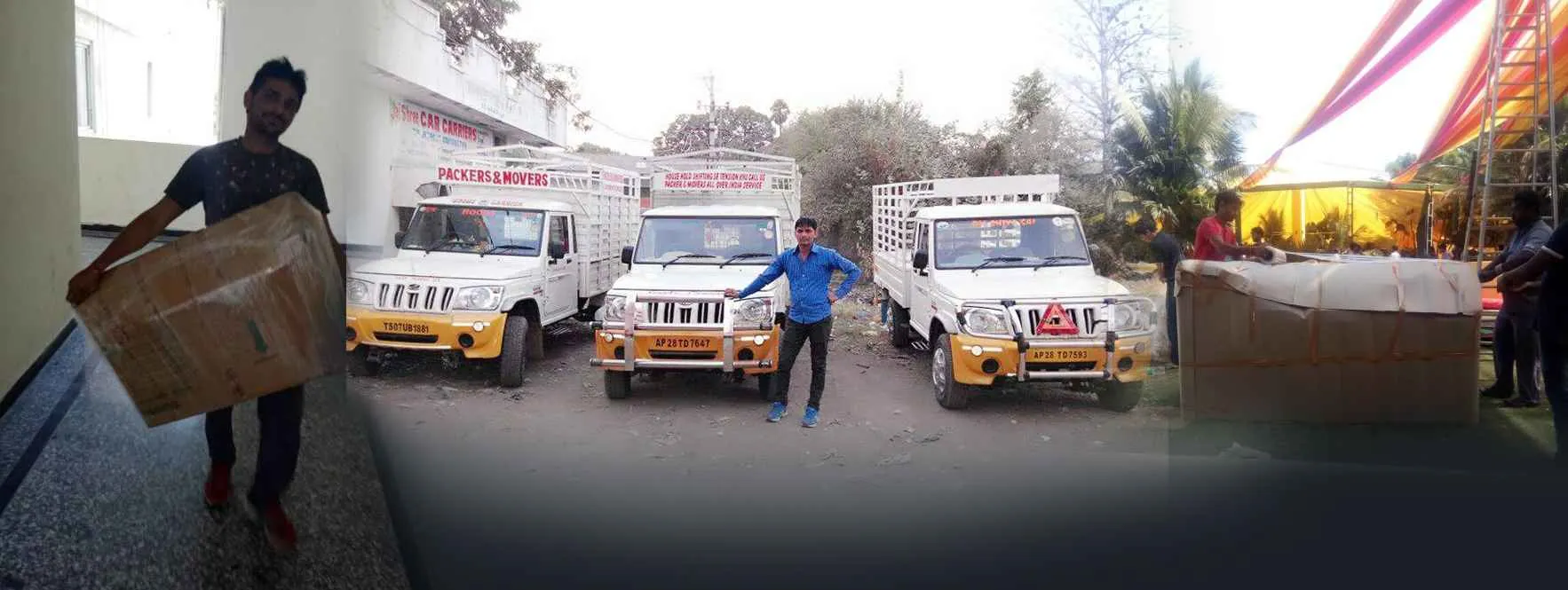
What Do Packers and Movers Typically Pack?
1. Household Items:
Professional packers and movers are equipped to handle a wide range of household items, including:
Furniture:- Large items like sofas, beds, and tables are disassembled (if necessary) and packed securely to prevent damage during transit.
Electronics:- TVs, computers, and audio systems are packed using specialized materials to ensure their safety.
Kitchenware:- Dishes, glassware, and kitchen appliances are carefully packed using bubble wrap and sturdy boxes to avoid breakage.
Clothing and Linens:- Clothes can be packed in boxes or wardrobe cartons, while linens are typically folded and packed in bags or boxes.
2. Fragile Items:
Packers and movers take extra care with fragile items, such as:
Glassware and Ceramics:- These items are often wrapped in bubble wrap and packed in boxes with cushioning materials to prevent breakage.
Artwork and Antiques:- Specialized packing techniques are used for valuable items to ensure they are transported safely.
3. Outdoor Equipment:
Items like bicycles, garden tools, and patio furniture can also be included in the packing process, depending on the service provider.
What Do Packers and Movers Not Pack?
While packers and movers can handle a wide range of items, there are certain things they typically do not pack, including:
1. Hazardous Materials:
Professional movers cannot transport items that are flammable, explosive, or toxic. That includes:
Paints and solvents
Gasoline and propane tanks
Fireworks and ammunition
2. Perishable Goods:
Food items, especially perishables like fruits, vegetables, and frozen items, are generally not packed by movers. It is advisable to consume or dispose of these items before the move.
3. Personal Documents and Valuables:
Important documents, jewelry, and other valuables should be kept with you during the move. Movers typically recommend that you handle these items personally to ensure their safety.
4. Live Plants and Animals:
Most packers and movers do not transport live plants or pets due to the specific care they require. It’s best to make separate arrangements for these.
How to Prepare for the Packing Process
To ensure a smooth packing process, consider the following tips:
Inventory Your Belongings:- Create a detailed inventory of all items you plan to move. That will help you identify what needs to be packed and what should be left behind.
Communicate with Your Movers:- Talk to your selected packers and movers about your unique requirements. Make sure to inform them about any delicate or valuable belongings that need extra care.
Declutter Before Packing:- Seize the chance to tidy up your home before the big move. Donate or discard items you no longer need, which can save time and reduce moving costs.
Prepare Essential Items:- Pack a separate bag with essential items you’ll need immediately after the move, such as toiletries, a change of clothes, and essential documents.
Conclusion
In summary, packers and movers typically pack a wide range of items, including household goods, fragile items, and outdoor equipment. However, they do not pack hazardous materials, perishables, personal documents, or live plants. By understanding what packers and movers can and cannot pack, you can better prepare for your move and ensure a seamless relocation experience. If you're considering hiring packers and movers for your next move, make sure to communicate your needs clearly and choose a reputable service provider to handle your belongings with care.
